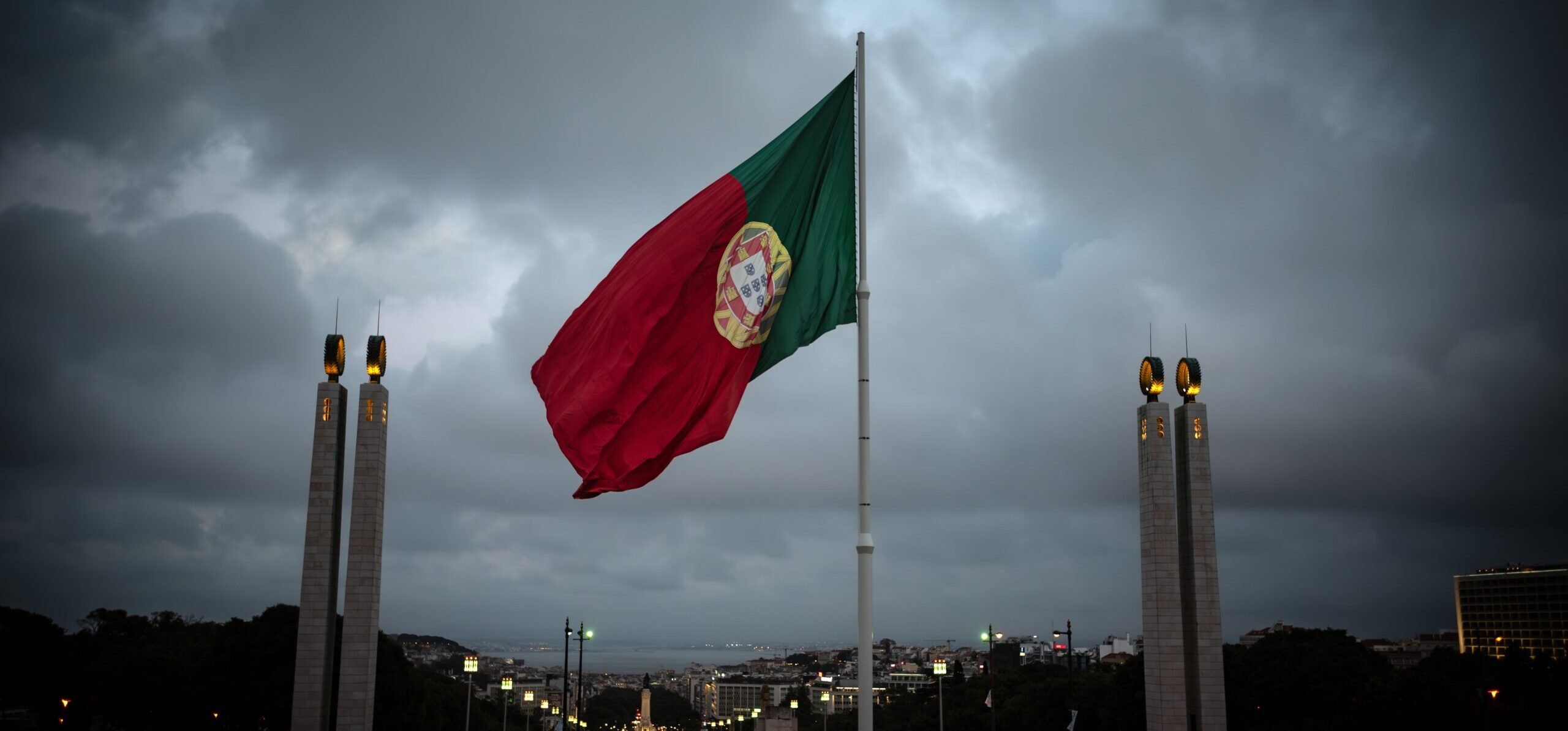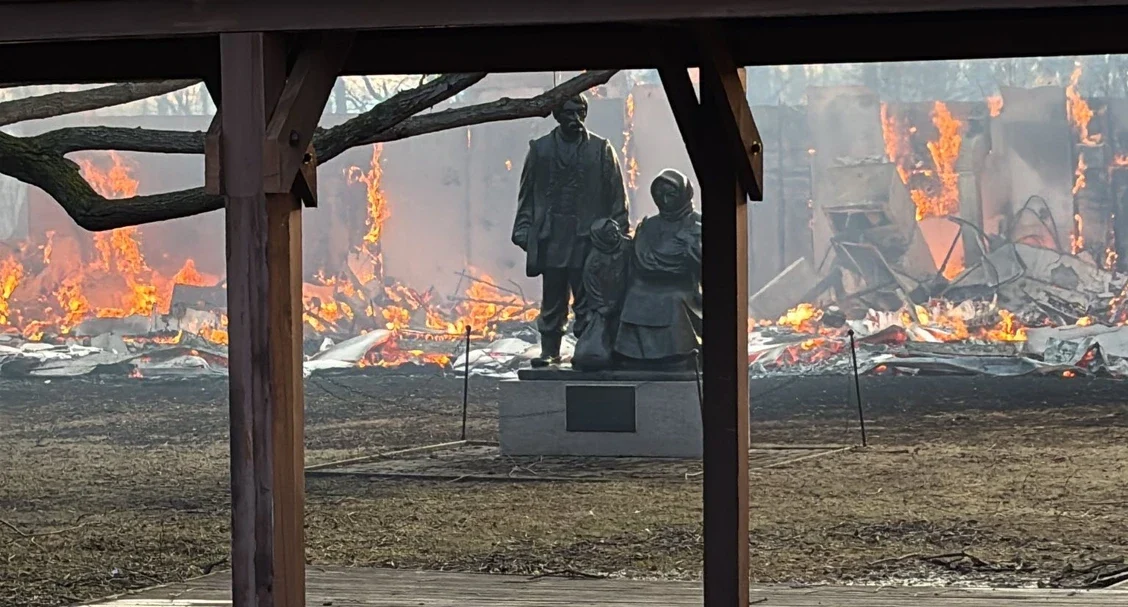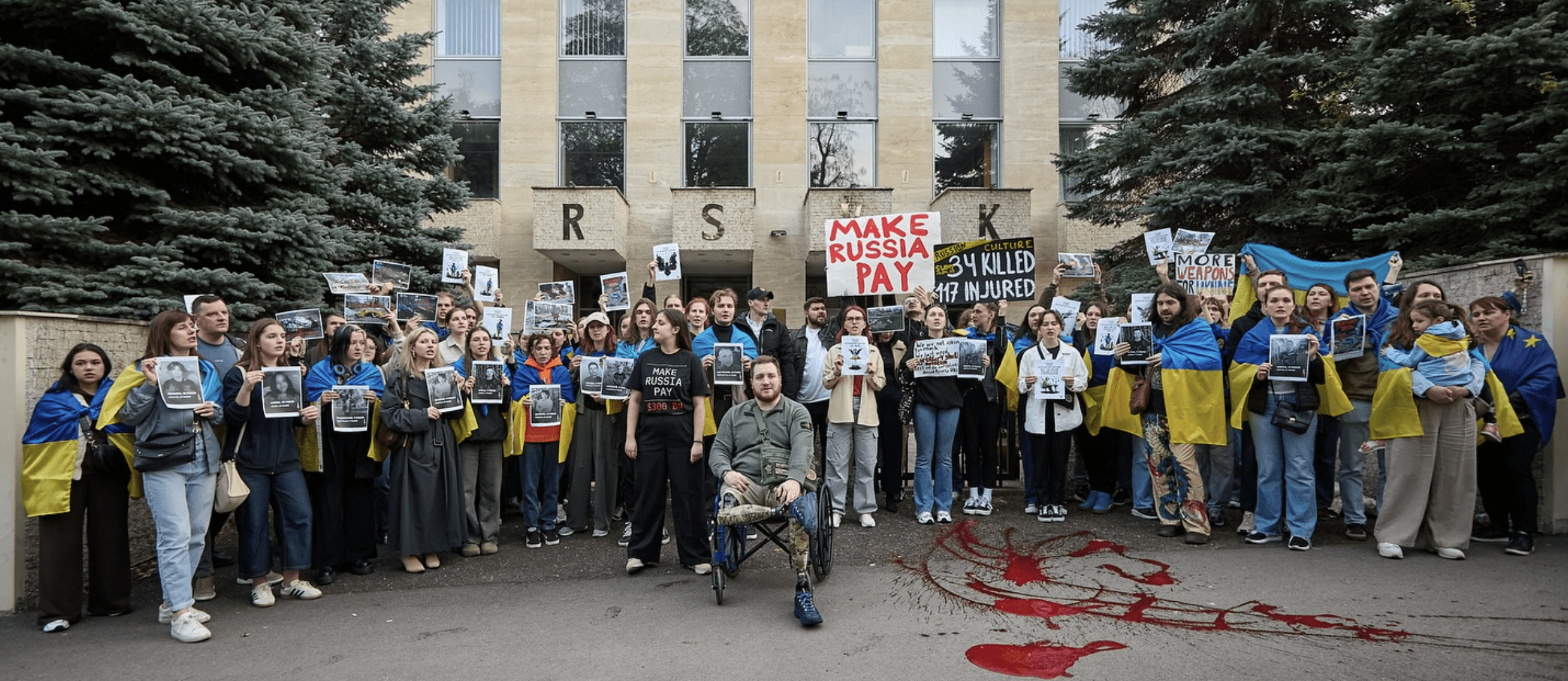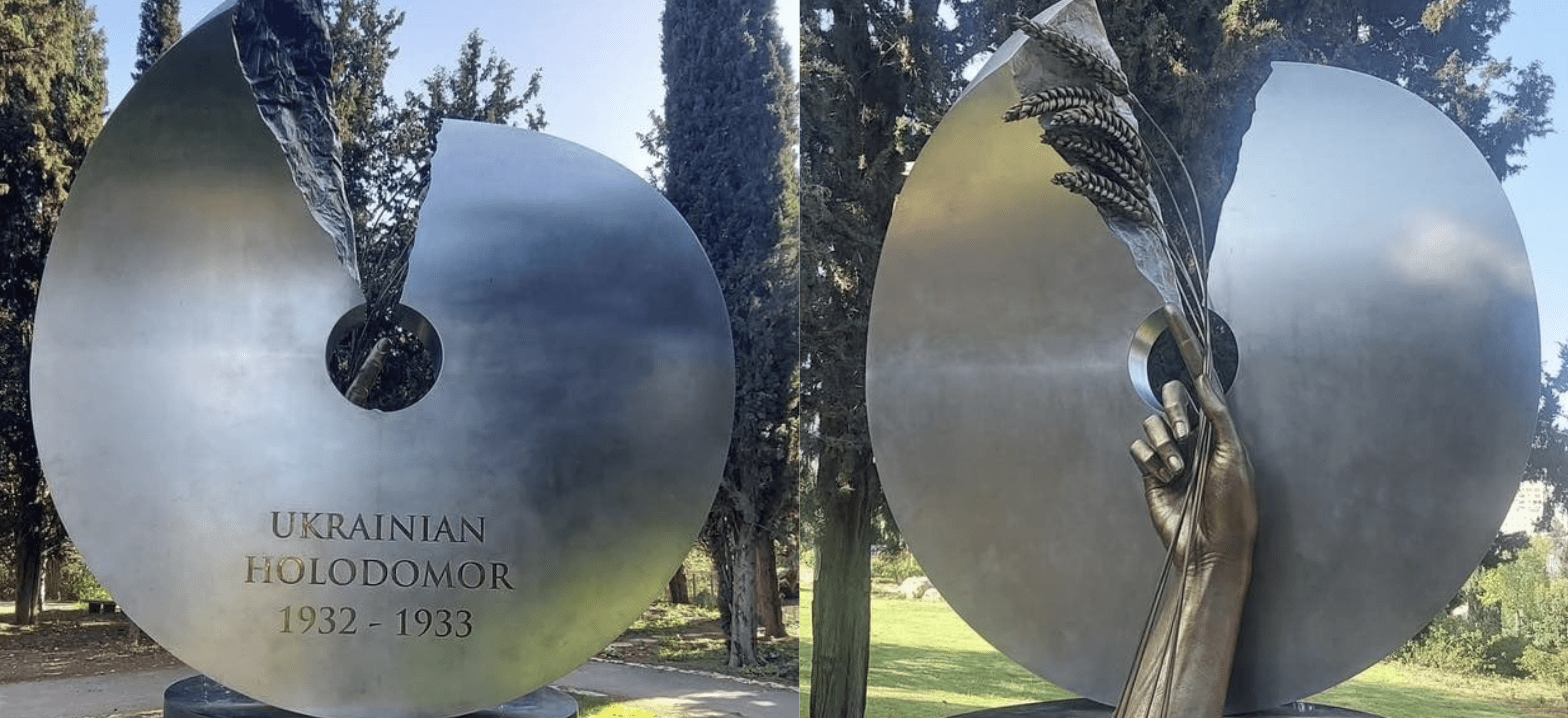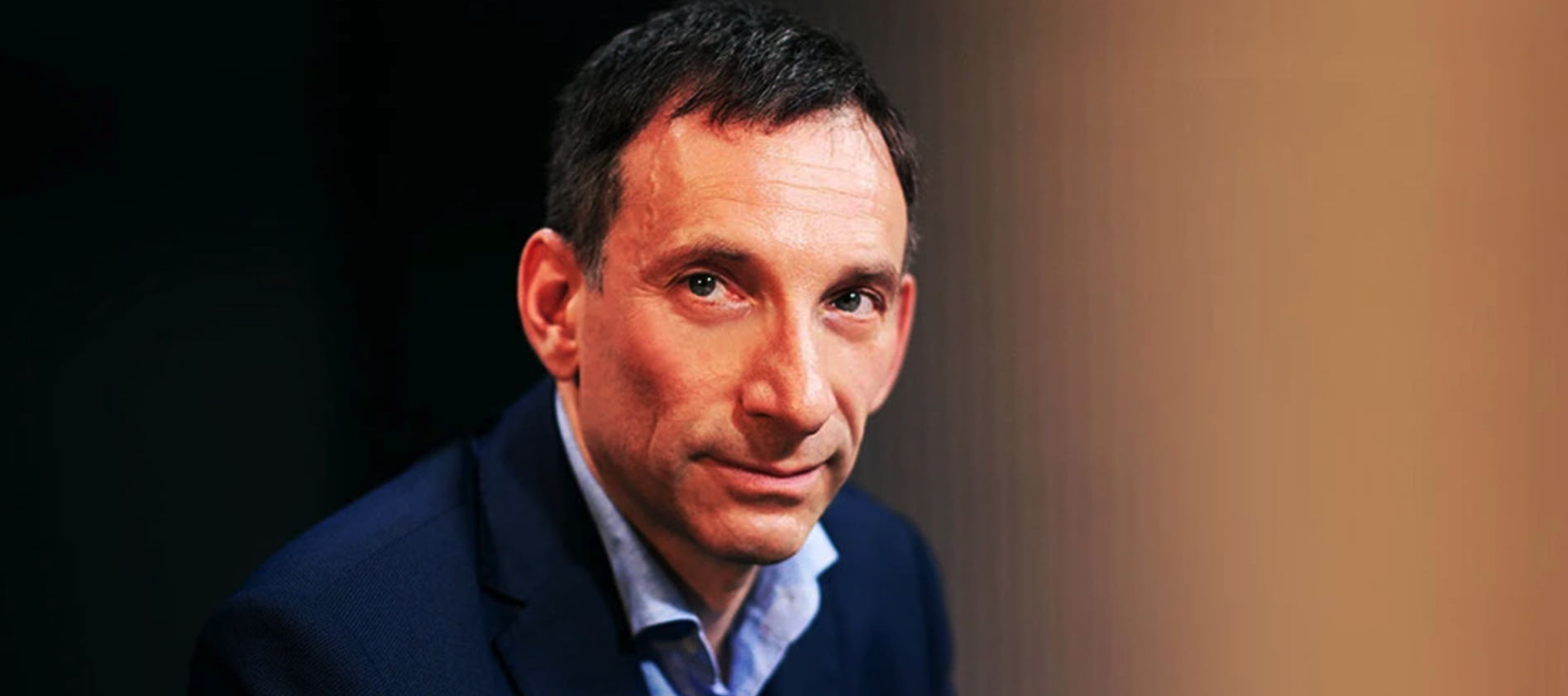

by Vitaly Portnikov, a well-known Ukrainian journalist, political commentator, and analyst, laureate of the Shevchenko National Prize of Ukraine
Source: Portnikov on YouTube
After Syrian dictator Bashar al-Assad’s forces were forced to retreat from the second most populous city of Aleppo, it only took a few days for his army to abandon another strategically important city of Hama, without any combat.
Hama holds deep symbolic meaning for many Syrians, who remember their fight against the Assad regime (in its 12-year bloody civil war that has recorded cases of human rights abuses and war crimes).
The people of Hama had already risen up against the regime when Hafez al-Assad, Bashar’s father, ruled Syria. It is believed that during the brutal suppression of the uprising, he may have killed between 15,000 and 25,000 civilians (who supported the opposition) in Hama.
Now, the leader of the rebels, al-Julani, addressed the people of Hama, saying that it was time to heal the wounds of 40 years ago, referring to the city’s long struggle against the Assad dynasty. However, it’s clear that the rebels’ goals don’t end with the liberation of Hama. They will continue to press forward with their offensive.
Along with capturing Hama, the rebels also seized a military airbase near the city, which contained strategically important equipment for Assad’s army. The next target for the rebels may be Homs. If they manage to take Homs, they will open the way to Syria’s capital, Damascus, and with it, the possibility of the Assad regime’s swift collapse.
At one point, it seemed like Assad’s regime had full control over the majority of Syria’s territory, and that consolidating control over the remaining areas was only a matter of time. However, as the Syrian opposition has intensified its offensive, the regime has proven helpless, showing that it has never truly controlled the situation within its own country. Assad has essentially become a puppet of both Russia and Iran, and Iran’s proxy forces—especially Hezbollah—have drastically shifted the balance of power in Lebanon, nearly destroying the state there. Yet, they continued to support Assad’s efforts to dismantle Syria’s statehood.
This continued until Israel decisively defeated Hezbollah, eliminating much of its political and military leadership. A subsequent operation severely crippled hundreds of Hezbollah fighters.
It became clear that Hezbollah had no real interest in defending Bashar al-Assad.
Likewise, Vladimir Putin, preoccupied with his war in Ukraine and making it his primary political priority, showed little concern for Assad. The Iranian ayatollahs, focused on their conflict with Israel and preparing to launch missile strikes against the Jewish state, also diverted their attention away from Assad. Meanwhile, the Syrian opposition remained firmly focused on toppling Assad and ending his regime.
Now, a serious question arises: What will the future hold for Syria and the broader Middle East? Which regime will rise to power, and could it gain control of the advanced weapons Syria has received from Iran and Russia?
Could it be a radical Islamist regime, uninterested in cooperating with the West, as it has been with Russia and Iran? Or will a moderate government emerge, one capable of collaborating with the civilized world, and united in its stance against Moscow and Tehran? It is still too early to predict, but serious negotiations are already underway in the capitals of the Arab world regarding the potential consequences of Assad’s regime’s downfall.
Continue watching:
Also, read about what’s happening in Syria in the column by Shimon Briman, an Israeli historian and journalist.





